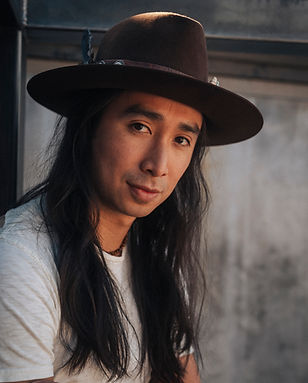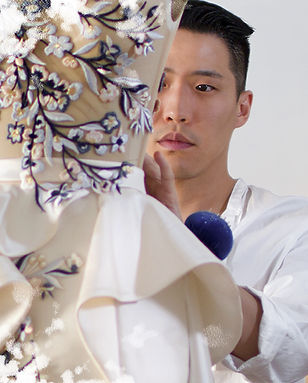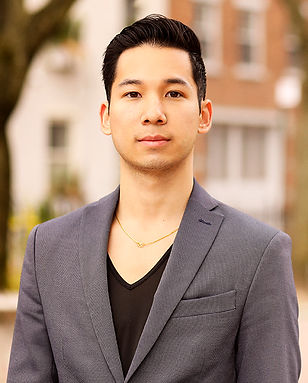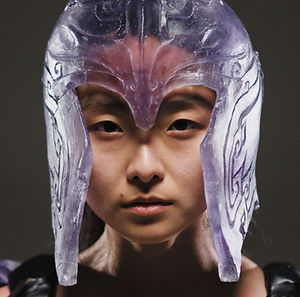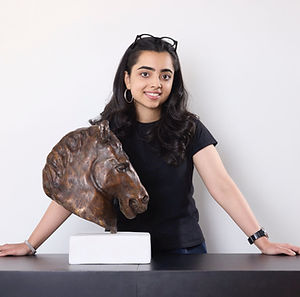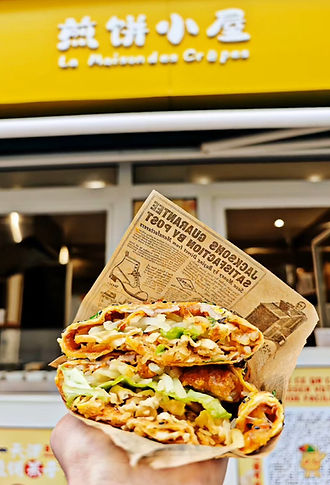top of page
Fourth Edition, July 2025

Incandescent Creatives
Actor, Director, Producer
Architect
Design Director for Bridal & Evening Wear
Miss Grand Philippines 2017, Musician
Health Advocate
Cellist & Real Estate Professional
Actor, Director, Producer
bottom of page
